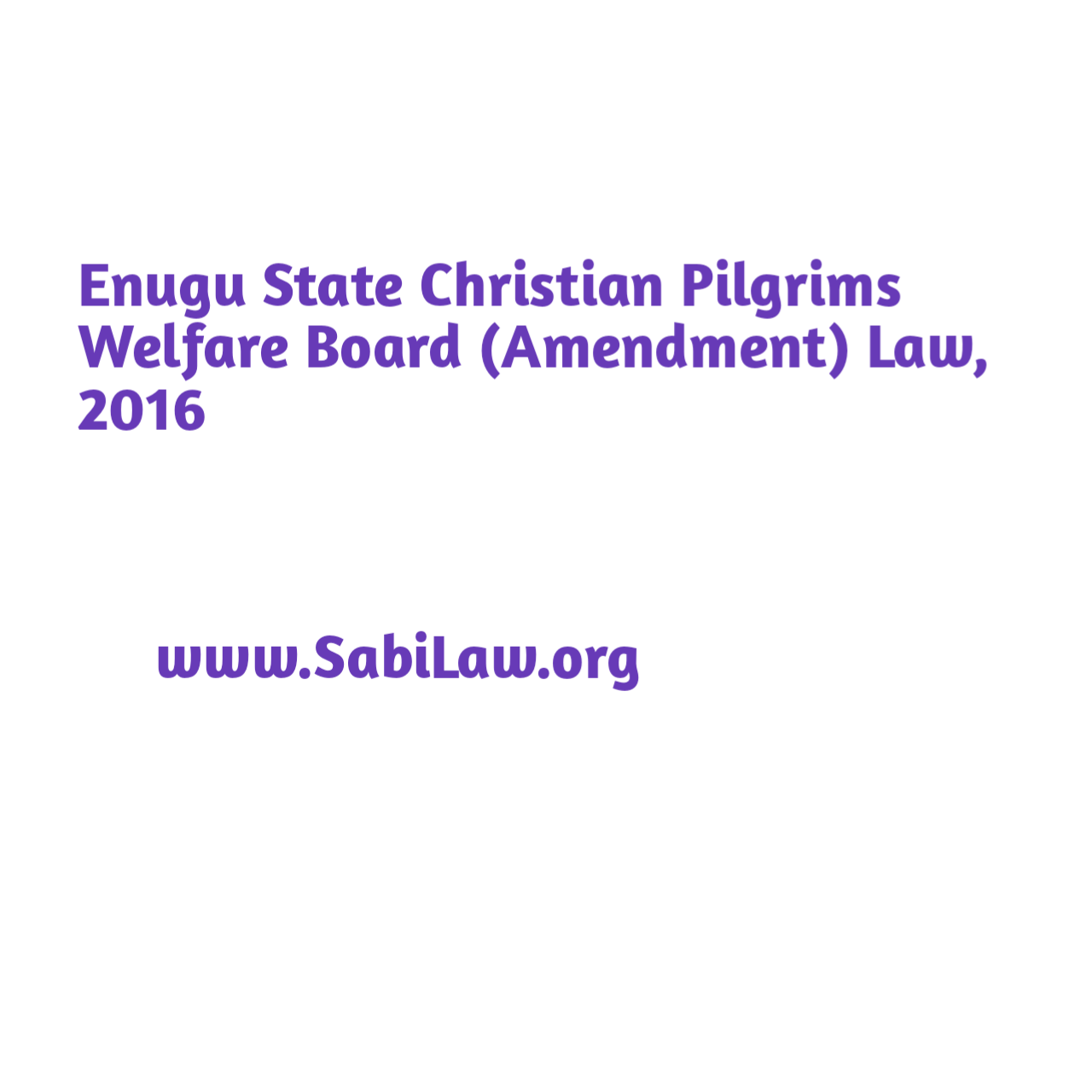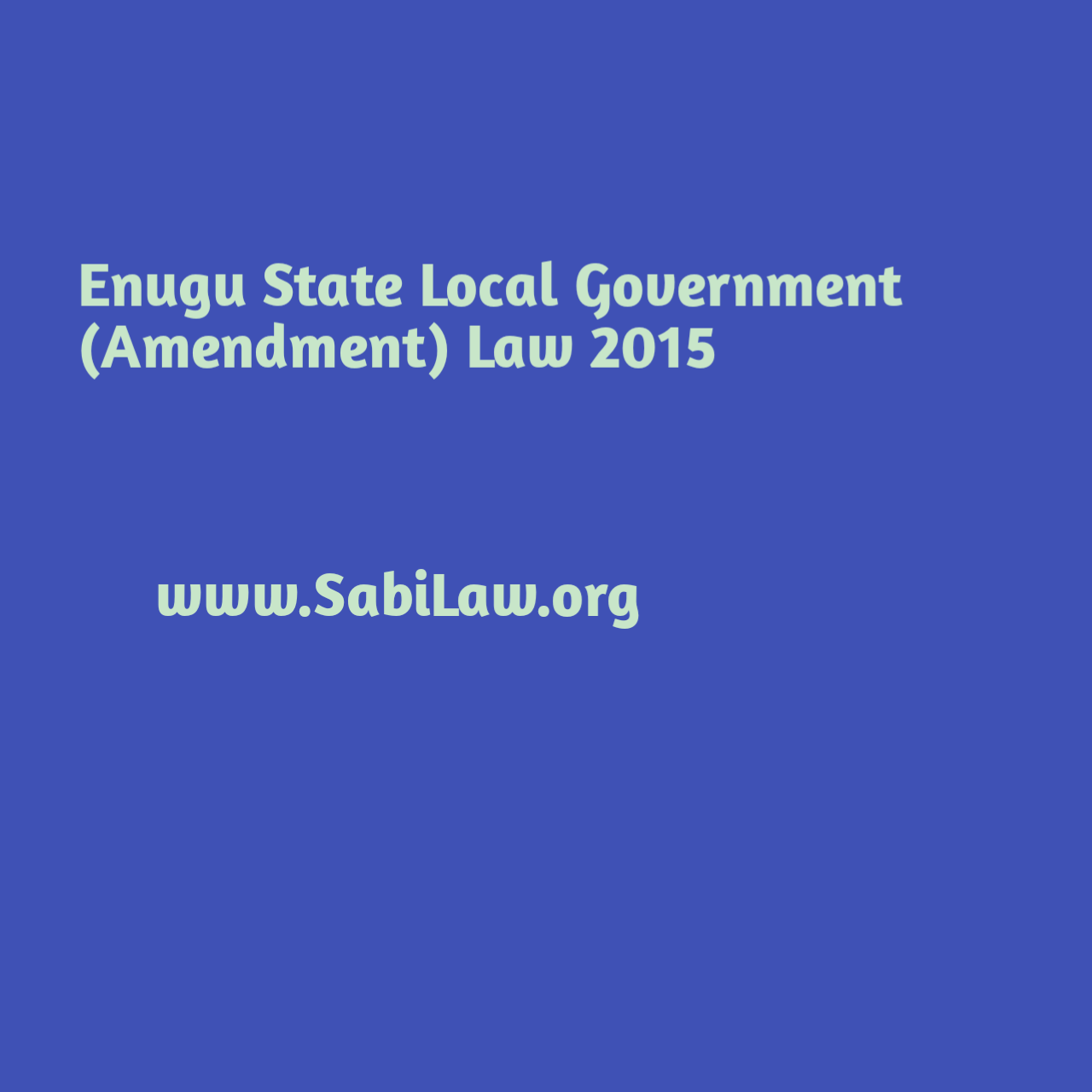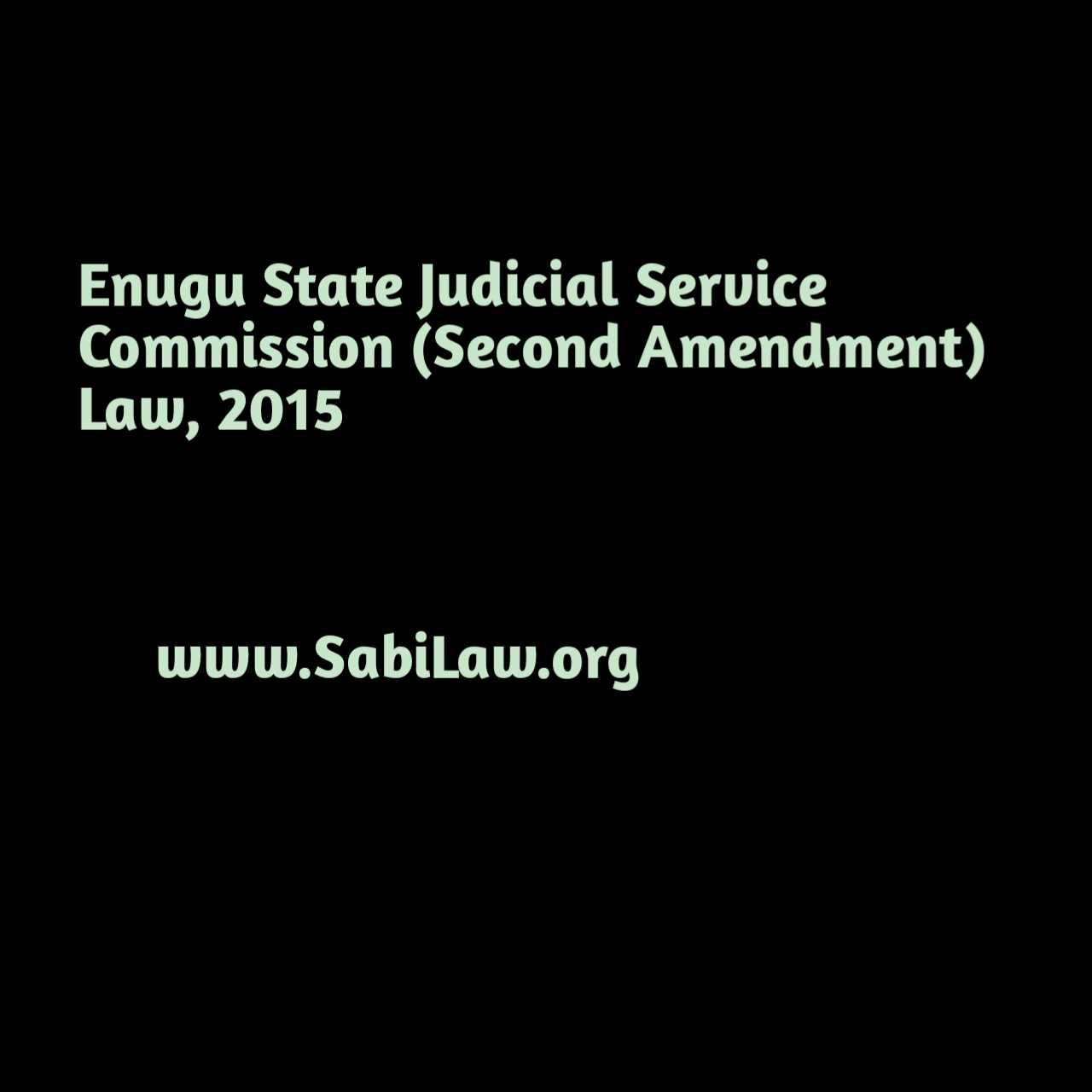Custody of a Child In Customary Marriage: How and To Whom? Daily Law Tips (Tip 664) by Onyekachi Umah, Esq., LL.M, ACIArb(UK)
Introduction:
Ahead of the intrusion of Africa by Europeans, Africans had families and marriages according to native law and customs. Today, we Africans, still have a choice to conduct customary marriages with or without English marriages. However, customary marriage comes with its own legal implication on divorce, custody, inheritance and property ownership rights. Custody of a child under customary marriage seems to be perpetually vested on a particular sex but will this change when faced with the Child’s Right Act and other laws in Nigeria? This work will reveal how custody of a child is managed under customary marriage and native laws in Nigeria.
It is common to find Nigerians that are married both under the English Marriage System and the Customary Marriage System. The good news is that English marriage and Customary Marriage of same couple is valid and allowed. However, this comes with its own legal implications. English marriage is a jealous marriage and will not allow or condone any other type of marriage unlike customary marriage. It is even a crime to conduct customary marriage after conducting an English Marriage.
Customary Law, Customary Marriage and Custody:
Customary marriage is a polygamous marriage, it allows a man to have multiple wives and at times a wife to have multiple husbands. Customary laws are accepted usages, practises and ways of life common to a particular ethnic group. Customary laws are not written and a court will respect customary laws so far as they are not contrary to any written law in Nigeria, natural justice equity and good conscience. Hence, any custom that conflicts with any law in Nigeria is invalid and unenforceable.
Across some native laws and customs in Nigeria, the custody of a child from customary marriage is vested on the father of the child and not on the mother of the child. Unlike in English marriage where custody of a child is determined according to the best interest of the child, in some customary marriage, the interest of the child does not count/matter. Unfortunately, in some customary laws, a husband is almost a mini-god to his wife and a wife has no right to custody of a child. It is important to point out that some customary laws consider the best interest and welfare of a child before awarding custody. Click to read my works on child rights in Nigeria.
Customary Law and Child Rights Act/Laws:
In the light of the supremacy of the constitution of Nigeria and all other laws in Nigeria, over any native law or custom in Nigeria, it is impossible for any custom in Nigeria to overrule or superseded any written law in Nigeria. In 2003, the National Assembly in Nigeria (the federal legislature) made a federal law to specially protect children. The federal law is known as the Child’s Right Act; it provides that in any matter concerning a child (like custody of a child), the best interest and welfare of the child must be considered. Going by this federal law, any custom that gives the custody of a child to any person (including father and mother of the child) without consider the best interest and welfare of the child is inconsistent with the laws of Nigeria. And as such, the said custom cannot stand.
However, there has been arguments that the Child’s Right Act cannot operate and apply to states in Nigeria. On the strength of this argument, the powers of the Child’s Right Act seem not to be utilised in many states in Nigeria. So, some states have gone on to enact and make their own Child’s Right Law. Most of the states in Northern part of Nigeria are yet to enact/adopt their own equivalents of the Child’s Right Act. Where there is a Child’s Right Law in a given state, there cannot be any native law and custom in such state that will contradict the interest of a child. Hence, it is safe to say that based on the Child’s Right Act and the various Child’s Right Laws in states in Nigeria, any custom in Nigeria that gives custody of a child without considering the best interest and welfare of the child is null and void, wasted and dead.
Conclusion:
Surely, under native laws and customs in Nigeria, custody of a child of customary marriage rests on the father of the child. In some customs, the best interest and welfare of a child can prompt custody to be granted to the mother of the child or any other person. However, some customs at all costs reserve custody of a child for the father of the child. Such customs are unlawful, illegal and nullified by the Child’s Right Act and Child’s Right laws in Nigeria. To further purge and correct native laws and customs across Nigeria, more states are encouraged to enact/adopt the Child’s Right Act and ensure that the best interest and welfare of a child is always considered in giving custody. Click to read my works on English and Customary marriages in Nigeria.
References:
- Sections 1 and 2 of the Child’s Right Act and its equivalent in states across Nigeria.
- The judgment of the Supreme Court of Nigeria (on application of customary law) in the case of ANLA v. AYANBOLA & ORS (1977) LPELR-24887(SC)
- The judgment of the Supreme Court of Nigeria (on meaning of customary law) in the case of USMAN v. UMARU (1992) LPELR-3432(SC)
- The judgment of the Supreme Court of Nigeria (on whether a father has absolute right to custody of child under customary law) in the case of OKWUEZE v. OKWUEZE (1989) LPELR-2539(SC)
- The judgment of the Court of Appel (on meaning of “Custom” and “Customary Law”) in the case of ”ANUNOBI v. NWANKWO (2017) LPELR-43774(CA)
- The judgment of the Court of Appeal (on whether a father has absolute right to custody of child under customary law) in the case of OKAFOR v. OKAFOR (2016) LPELR-40264(CA)
#SabiLaw
#DailyLawTips
#SabiBusinessLaw
#SabiElectionLaws
#SabiHumanRights
#SabiLawOnBeatFm
#SabiLawLectureSeries
#CriminalJusticeMonday
#SabiLawVideoChallenge
Feel free to reach the author, ask questions or make inquiries on this topic or any other legal issues via onyekachi.umah@gmail.com or +2348037665878.
****************************************************************************************
This work is published under the free legal awareness project of Sabi Law Foundation (www.SabiLaw.org) funded by the law firm of Bezaleel Chambers International (www.BezaleelChambers.com). The writer was not paid or charged any publishing fee. You too can support the legal awareness projects and programs of Sabi Law Foundation by donating to us. Donate here and get our unique appreciation certificate or memento.
DISCLAIMER:
This publication is not a piece of legal advice. The opinion expressed in this publication is that of the author(s) and not necessarily the opinion of our organisation, staff and partners.
PROJECTS:
🛒 Take short courses, get samples/precedents and learn your rights at www.SabiLaw.org
🎯 Publish your legal articles for FREE by sending to: eve@sabilaw.org
🎁 Receive our free Daily Law Tips & other publications via our website and social media accounts or join our free whatsapp group: Daily Law Tips Group 6
KEEP IN TOUCH:
Get updates on all the free legal awareness projects of Sabi Law (#SabiLaw) and its partners, via:
YouTube: SabiLaw
Twitter: @Sabi_Law
Facebook page: SabiLaw
Instagram: @SabiLaw.org_
WhatsApp Group: Free Daily Law Tips Group 6
Telegram Group: Free Daily Law Tips Group
Facebook group: SabiLaw
Email: lisa@sabilaw.org
Website: www.SabiLaw.org
ABOUT US & OUR PARTNERS:
This publication is the initiative of the Sabi Law Foundation (www.SabiLaw.org) funded by the law firm of Bezaleel Chambers International (www.BezaleelChambers.com). Sabi Law Foundation is a Not-For-Profit and Non-Governmental Legal Awareness Organization based in Nigeria. It is the first of its kind and has been promoting free legal awareness since 2010.
DONATION & SPONSORSHIP:
As a registered not-for-profit and non-governmental organisation, Sabi Law Foundation relies on donations and sponsorships to promote free legal awareness across Nigeria and the world. With a vast followership across the globe, your donations will assist us to increase legal awareness, improve access to justice, reduce common legal disputes and crimes in Nigeria. Make your donations to us here or contact us for sponsorship and partnership, via: lisa@SabiLaw.org or +234 903 913 1200.
**********************************************************************************





















































5 Responses